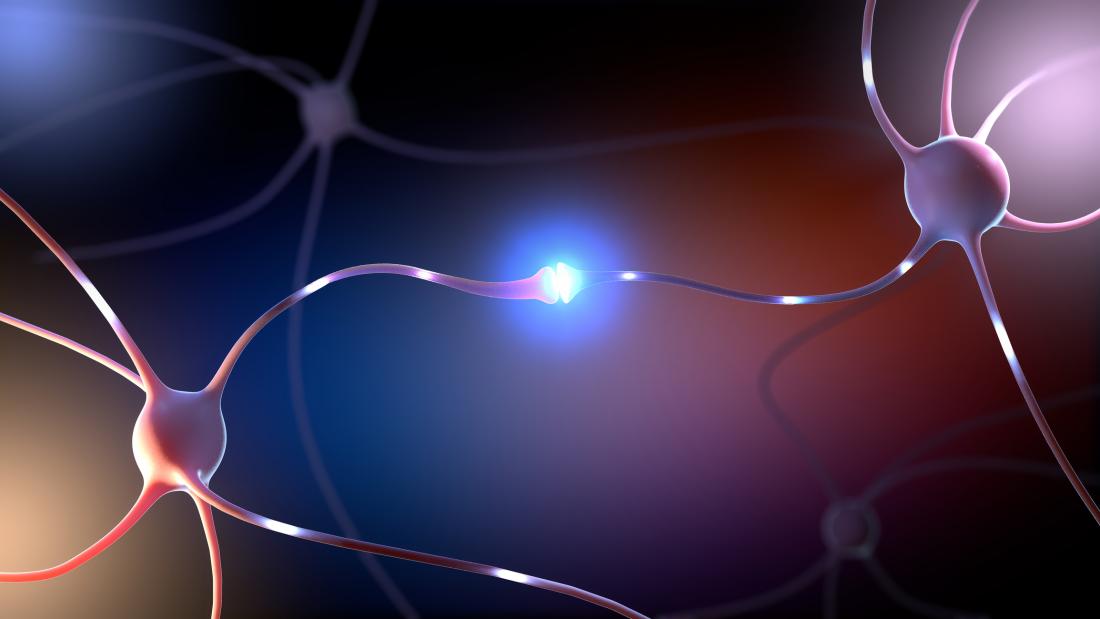Transport breakdown in brain cells may lead to Alzheimer's, Parkinson's

After studying the process in mice and flies, scientists suggest that failure to transport the molecular machines that break down proteins in cells could lie at the heart of neurodegenerative diseases such as Alzheimer's and Parkinson's.
The ability to take apart proteins that are damaged, the wrong shape, or surplus to requirements is a crucial function in living cells. This process occurs at specific locations within the cell.
Some of these locations can be more than 1 meter from the cell body in neurons, or nerve cells because they lie along their axons, which are long thin fibers that link them to other neurons.
Cells use complex molecular machines called proteasomes to break down proteins at their specific sites of activity.
One of the hallmarks of neurodegenerative disease is the buildup of proteins that have failed to break down.
Examples include the accumulation of beta-amyloid in Alzheimer's and alpha-synuclein in Parkinson's disease.
As undegraded proteins accumulate, they stick to each other and other substances, clogging up brain cells and disrupting their function. The cells eventually stop working and die.
Transport failure
The new research, carried out by scientists at Rockefeller University in New York, NY, supports the idea that failure to transport proteasomes could be a cause of the protein buildup that occurs in neurodegenerative disease.
The researchers report their findings in two recent papers — one in Developmental Cell and the other in PNAS.
"This is the first study to find a mechanism by which the proteasomes are moved to nerve endings to do their job," says Prof. Hermann Steller, who is a senior author on both studies.
"When this mechanism gets disrupted," he adds, "there are severe consequences for the function and long-term survival of nerve cells."
In the first study, he and his colleagues investigated proteasomes in fruit flies and mice. There, they found that the protein proteasome inhibitor 31 (PI31) is essential for transporting proteasomes in the axons of neurons.
It appears that PI31 helps proteasomes to couple to the molecular motors that ferry them along, and it also promotes the movement of the motors. Without PI31, proteasome transportation ceases.
Source: www.medicalnewstoday.com
